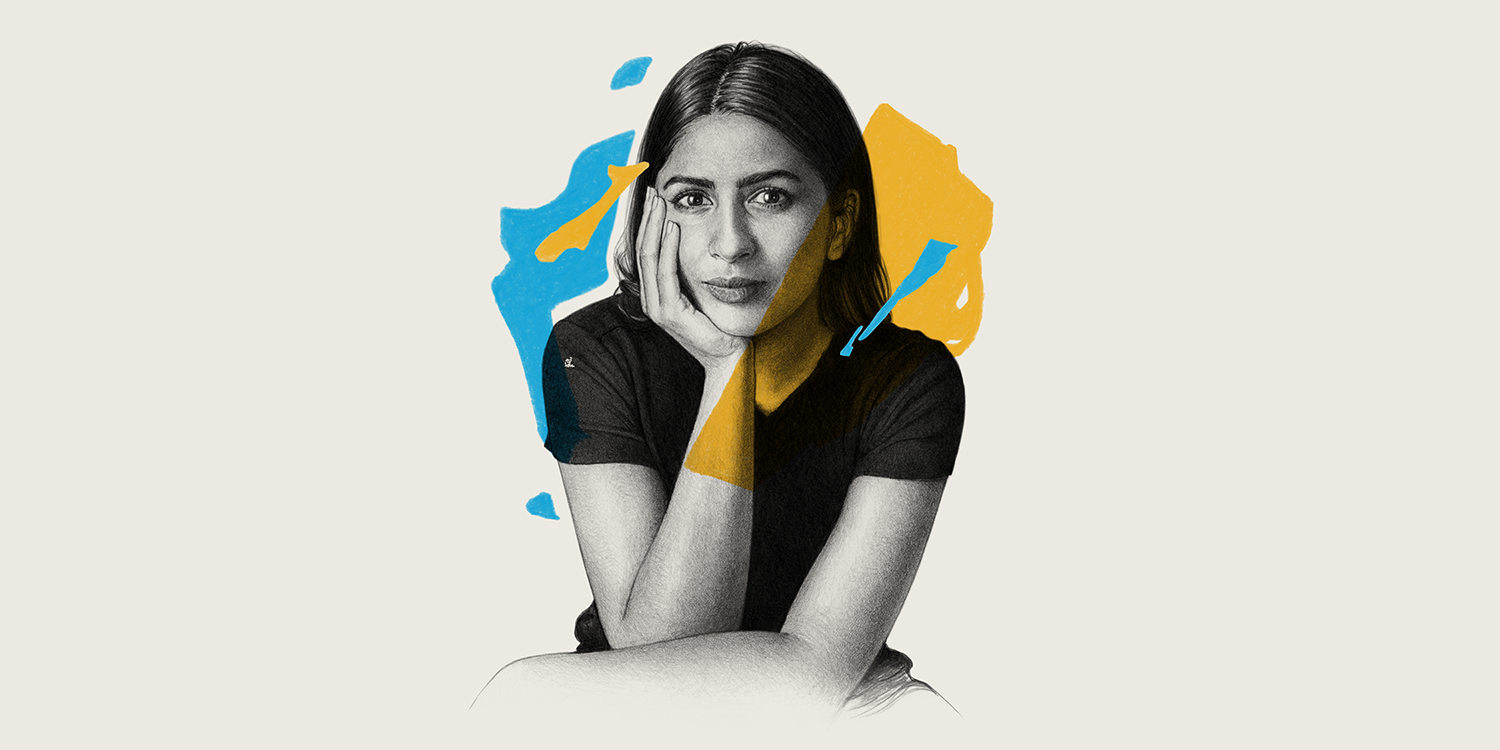A Plea From Generation Z

Illustration by ORIANA FENWICK
Dear World Leaders,
Generation Z has not experienced a moment absent exposure to conflict. For some people, war has been on their streets, while for others, it is increasingly on their screens. As the world progresses through this period of digital transformation that includes the explosion of network-connected devices comprising the Internet of Things, and moves toward closing a digital divide by bringing the second half of the world’s population online for the first time, the cyber threat surface expands. This augments the risk, diversity and complexity of cybersecurity challenges we all face.
In line with this trajectory, we are seeing an increase in conflict online coupled with flaring geopolitical tensions that endanger citizens, organizations and countries connected to the internet. Alarmingly, though future conflicts will inevitably include a digital component with the potential to affect people across the world, little progress has been made to define international guidelines for how states should behave online.
This is why we actively advocate for and demand digital peace.
Whenever young people call for peace, their efforts are usually met with skepticism. So, allow us to clarify: we understand how the world works. We know governments need to retain power, leverage the latest technology, and gain any advantage over competing nations. However, our digital world is unlike our physical world. Due to the lack of a consistent legal framework in cyberspace, a state-backed or independent hacker can unleash an uncontrollable digital weapon capable of harming vulnerable populations. In fact, these disruptive cyberattacks are already taking place, as seen in the Nobelium incident that targeted approximately 3,000 email accounts at more than 150 different organizations, including many that focus on international development, humanitarian and human rights work, or the Florida water plant hack, in which a hacker tried to poison a Florida city’s water supply using a remote access software platform.
The ongoing pandemic has also provided us with a painful glimpse into what can happen if cyberattacks are left unchecked. As the World Health Organization (WHO) scrambled in early 2020 to address the spread of COVID-19, hackers saw an opportunity to strike. Despite the organization’s dedication to global public health, the WHO reported a fivefold increase in cyberattacks. Other health care institutions found themselves caught in digital crosshairs as well, including the Serum Institute of India, the Brno University Hospital, and the European Medicines Agency.
We cannot simply accept increasing attacks as a status quo online. The technological advancement and rapid digitization that has taken place during our lives have eliminated barriers like never before, and that must be protected. Unlike our offline world, split into nation-states, our online world has made it possible to transcend human-made boundaries, access information and connect with others across the globe. Cyberspace democratized our collective societies, providing opportunities for knowledge, growth and advancement. To safeguard these benefits, we cannot let the internet become a battlefield.
We need you, our world leaders, to commit to protecting the internet. From setting up diverse and inclusive cybersecurity summits to endorsing the Paris Call for Trust and Security in Cyberspace, it’s time for you all to take meaningful and collaborative action to establish rules of the road, hold bad actors accountable and ensure digital freedoms for everyone. The future of both our online and offline worlds depend on it.
Sincerely,
Gurmehar Kaur
Gurmehar Kaur is an author, social activist and the global ambassador for the Digital Peace Now Society, a new global nonprofit dedicated to building a society of empowered digital citizens who understand the threat of cyberwarfare and demand that world leaders ensure the safety of a digital world.
Kaur is the author of “Small Acts of Freedom,” a deeply personal family history published in 2018. Her second book, “The Young and the Restless: Youth and Politics in India,” was published during the Lok Sabha elections in May 2019. In 2017, Kaur was listed by Time magazine as a “Next Generation Leader”, a global listing of 10 young men and women making a difference in the world. She graduated from Lady Shri Ram College in 2019 and recently completed her master’s at University of Oxford. Kaur is also the co-founder of Citizens for Public Leadership, an independent nonpartisan movement focused on advocating for progressive public policy in India. CPL is an apolitical nonprofit with the sole objective of strengthening the capacity of Indian youth to take up leadership challenges in the public sphere.

